Showing 349–360 of 632 results
-
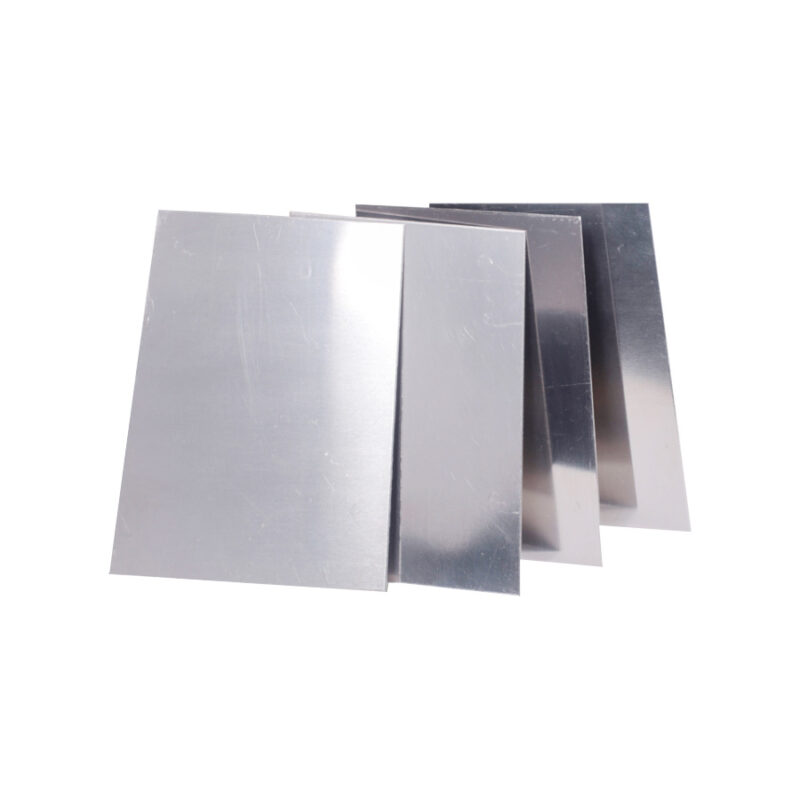
- High Corrosion Resistance: Niobium foil offers exceptional resistance to corrosion, particularly in acidic environments. It forms a stable oxide layer on its surface, protecting it from further corrosion in harsh chemicals and high-temperature conditions.
- High Melting Point: Niobium has a high melting point of around 2,468°C (4,474°F), making it suitable for high-temperature applications, such as those in the aerospace and automotive industries.
- Excellent Ductility and Malleability: Niobium foil is highly ductile and malleable, allowing it to be easily formed into thin, flexible sheets without compromising its mechanical properties. This makes it ideal for custom fabrication in precision applications.
- Low Thermal Expansion: Niobium has a relatively low coefficient of thermal expansion, which ensures that it maintains stability and does not deform easily under thermal stress. This property is beneficial in applications requiring high thermal stability.
- Biocompatibility: Niobium is biocompatible and is often used in medical implants and devices, such as pacemakers and stents, without causing adverse reactions in the human body.
- Superconductivity: Niobium exhibits superconducting properties at low temperatures, making it useful in various scientific and medical applications, such as MRI machines and particle accelerators.
-
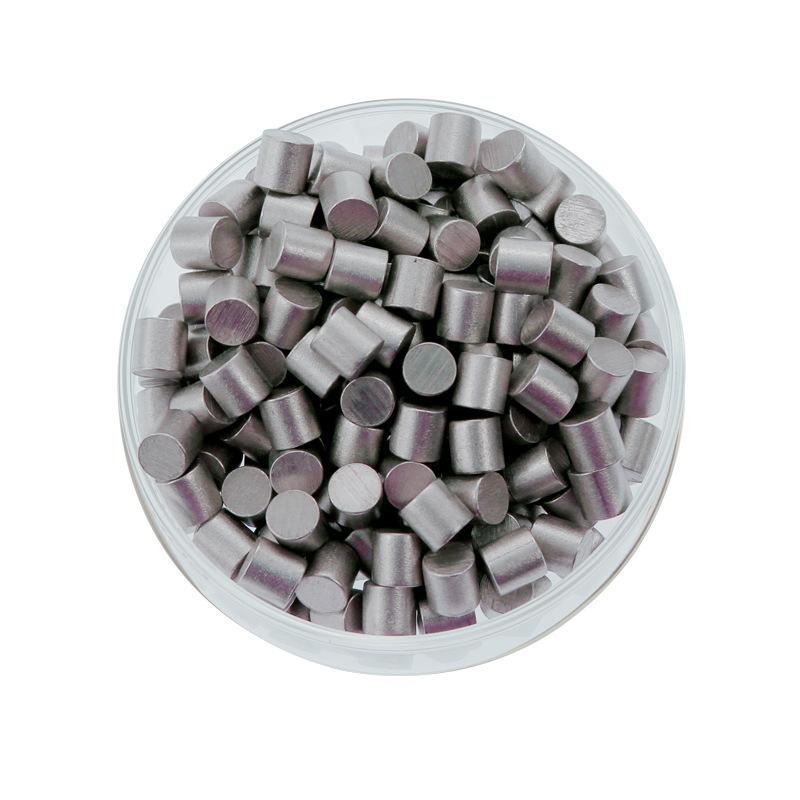
- High Purity: Ensures superior performance and reliability in sensitive applications.
- Excellent Corrosion Resistance: Ideal for use in harsh environments where chemical exposure is a concern.
- Superconducting Properties: Capable of exhibiting superconductivity at low temperatures, making it valuable in high-tech applications.
- Ductility: Easily shaped and formed, allowing for versatile applications.
- Custom Sizes: Available in various pellet sizes to meet specific requirements for different processes.
-
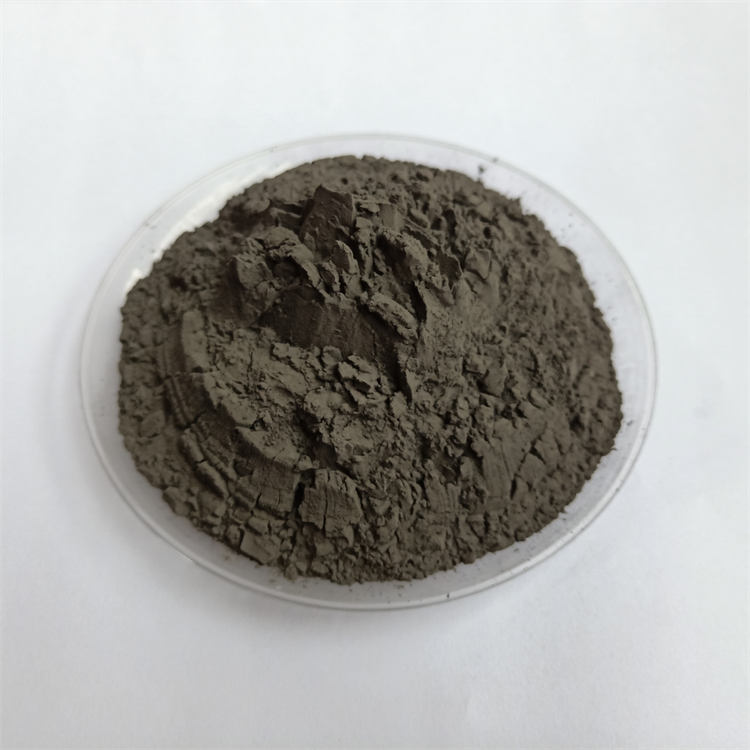
- High Purity: Available in purity grades of ≥99.9%.
- Thermal and Corrosion Resistance: Excellent resistance to high temperatures and corrosion.
- High Density: Dense material ideal for structural and high-performance applications.
- Superconductivity: Used in the production of superconducting alloys.
- Versatile Particle Size: Available in fine powder forms ranging from nano to microns.
-
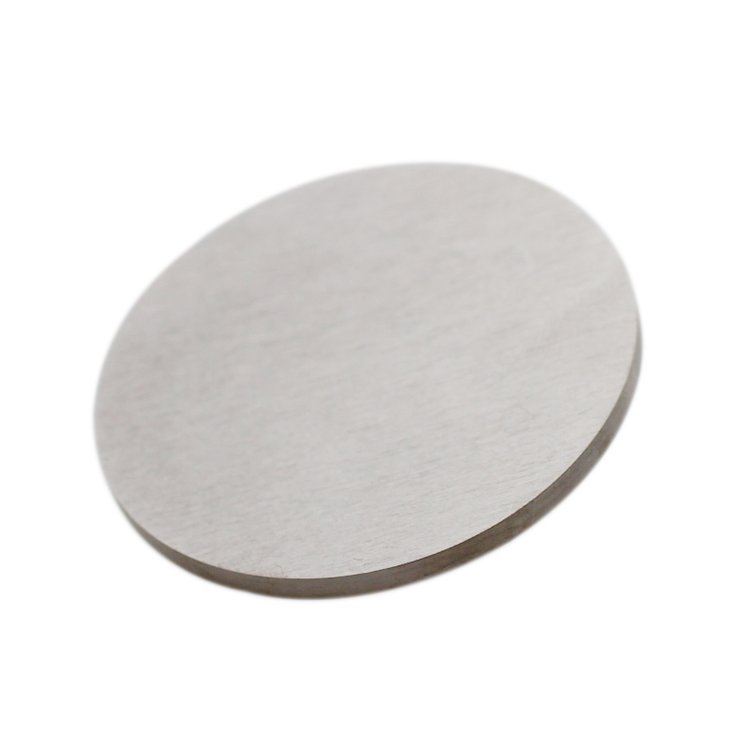
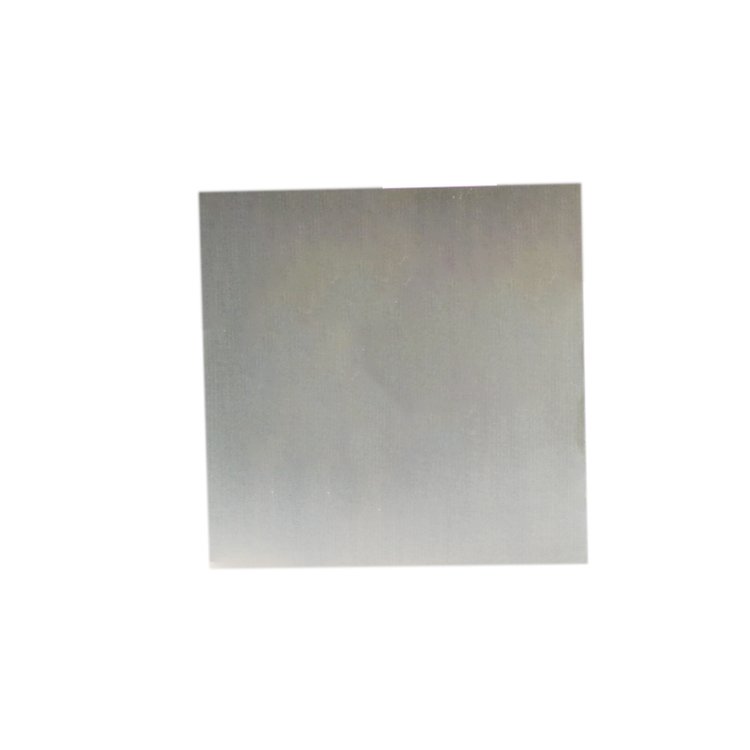
- High Purity: Available in purities up to 99.95% to ensure superior film quality.
- Excellent Durability: Resistant to thermal and mechanical stress during deposition processes.
- Custom Shapes and Sizes: Adaptable to meet diverse equipment requirements.
- Consistent Performance: Ensures uniform sputtering rates and film deposition.
- Corrosion Resistance: Ideal for harsh environmental conditions.
-

- High Corrosion Resistance: Exhibits outstanding resistance to chemicals, acids, and oxidizing agents, even in extreme environments.
- Biocompatibility: Completely inert and non-reactive with body tissues, making it ideal for medical implants and devices.
- Superconductivity: Niobium becomes superconductive at low temperatures, making it essential for advanced scientific and electrical applications.
- Ductility and Malleability: Highly ductile and can be drawn into fine wires or shaped to meet specific requirements.
- High Melting Point: With a melting point of 2477°C, niobium wire maintains its integrity under extreme heat.
- Oxidation Resistance: Forms a stable oxide layer that enhances its resistance to further oxidation and wear.
-
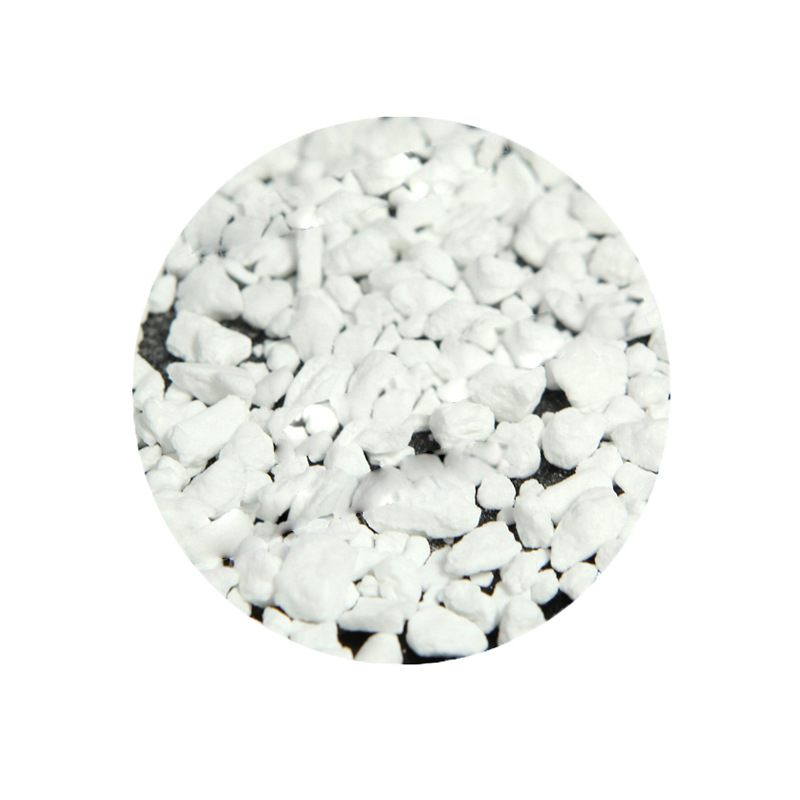
- High Refractive Index: Nb₂O₅ is prized for its high refractive index, making it a critical material in optical thin films and coatings where light management is essential.
- Excellent Dielectric Properties: With a high dielectric constant, Nb₂O₅ is perfect for applications in electronic devices where efficient charge storage is required.
- Wide Transparency Range: Nb₂O₅ is transparent across a broad wavelength range, from visible to infrared, making it suitable for use in optical and photonic devices.
- High Purity: High-purity Nb₂O₅ ensures the production of thin films with minimal contamination, enhancing the quality of the deposited films.
-
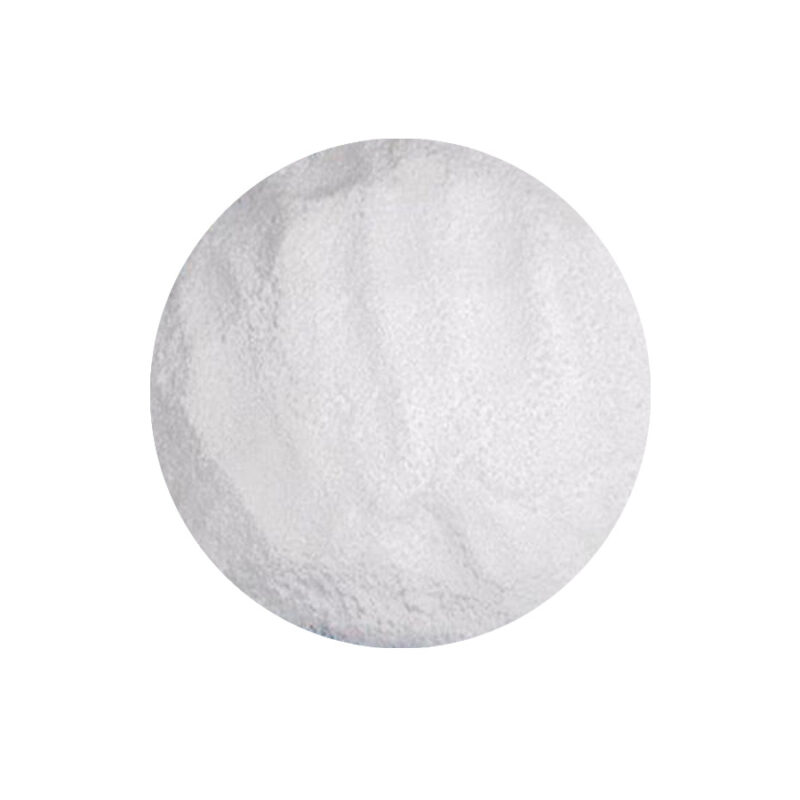
- High Purity: Available with purity levels of ≥99.9%.
- Chemical Stability: Offers excellent resistance to corrosion and oxidation.
- High Melting Point: High resistance to heat, making it ideal for high-temperature applications.
- Electrical and Optical Properties: Used in capacitors, thin films, and optical coatings.
- Versatile Applications: Suitable for a wide range of applications, including metallurgy and ceramics.
-
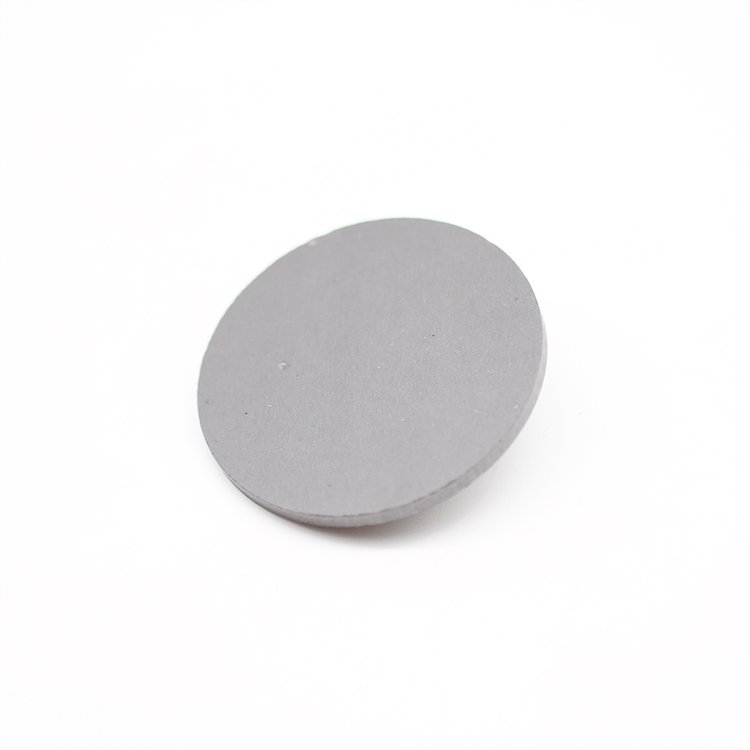
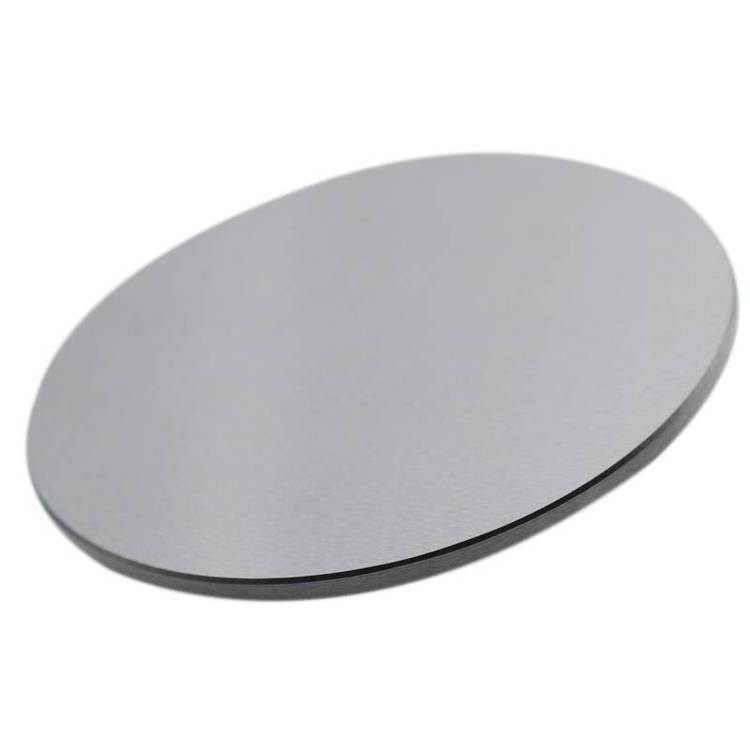
- High Purity: Ensures minimal contamination for precise thin-film deposition.
- Excellent Stability: Chemically and thermally stable, suitable for demanding applications.
- High Refractive Index: Ideal for optical coating applications.
- Customizable: Available in various sizes, shapes, and configurations.
-

- High Hardness: Ensures durability and wear resistance in coatings.
- Thermal Stability: Withstands high-temperature processes without degradation.
- Corrosion Resistance: Provides protection in harsh environments.
- Customizable: Available in various sizes, purities, and configurations to meet specific requirements.
-
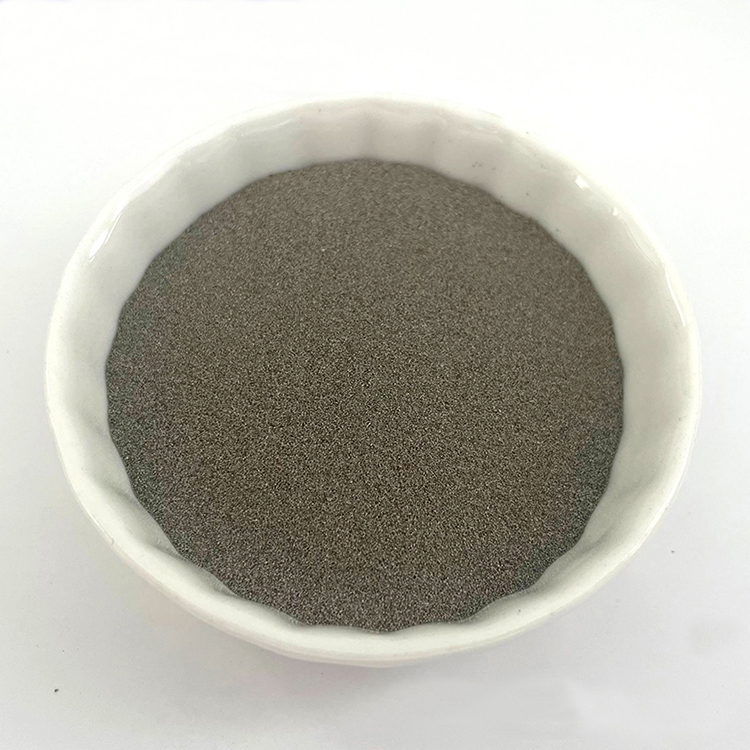
- Superconducting Properties: Exhibits excellent superconductivity at critical temperatures.
- High Hardness: Exceptional wear resistance and durability for coatings.
- Thermal Stability: Maintains stability under high-temperature conditions.
- Chemical Resistance: Inert to many corrosive environments, ensuring longevity.
- Customizable Particle Size: Tailored for specific applications in research and industry.
-
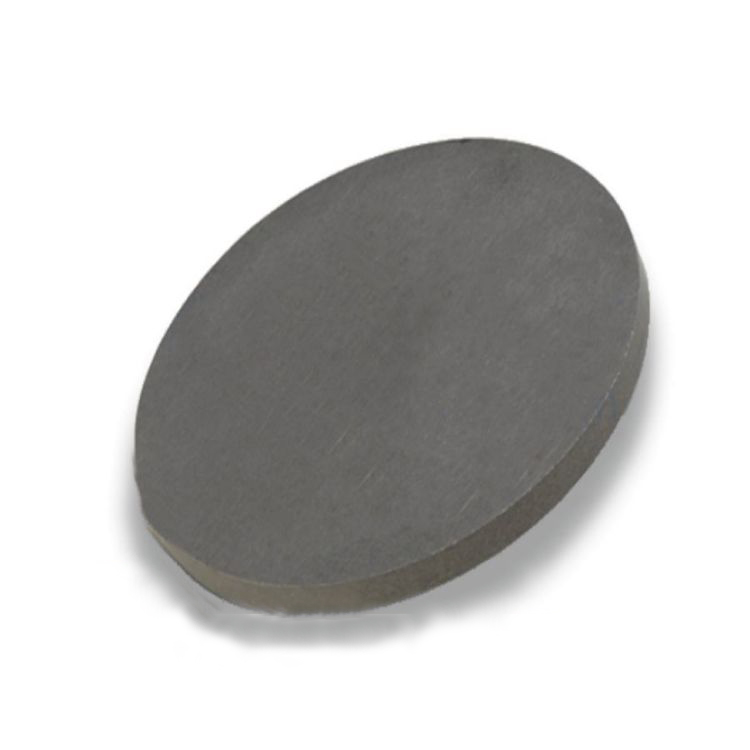
- High Purity: NbN sputtering targets are manufactured with purity levels of up to 99.999%, ensuring excellent film consistency and performance in various deposition applications.
- Electrical Conductivity: Known for its high electrical conductivity, NbN is used in applications requiring efficient electron flow and low resistance.
- Thermal Stability: Niobium nitride exhibits excellent thermal stability, maintaining performance even at elevated temperatures, making it suitable for high-temperature applications.
- Corrosion Resistance: NbN films exhibit outstanding resistance to oxidation and chemical wear, making them ideal for applications in harsh environments.
- Uniformity in Coating: NbN sputtering targets provide excellent film uniformity and density, ensuring reliable coating processes with minimal defects.
- Hardness: The resulting NbN films are known for their exceptional hardness, making them suitable for tough, abrasive conditions.
-

- High Purity: ≥99.5% purity to ensure high-quality thin-film deposition.
- Unique Layered Structure: Facilitates superior electronic and optical properties for advanced applications.
- Superconducting Properties: Ideal for applications in superconducting electronics and quantum computing research.
- High Stability: Reliable performance under sputtering conditions with excellent chemical stability.
- Customizable: Tailored sizes and shapes for different deposition setups.














